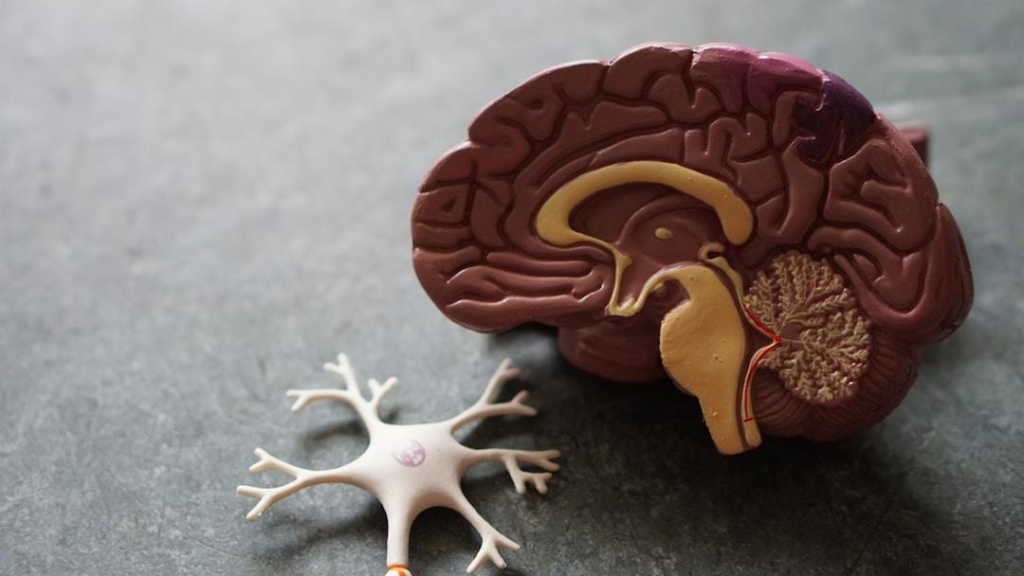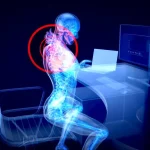Alzheimer’s disease, a debilitating condition with profound impacts on memory and cognition, remains a major concern in geriatric healthcare. Understanding its progression is crucial for patients, caregivers, and medical professionals. The journey through the clinical stages of Alzheimer’s can be taxing, yet recognizing the signs at each stage is essential for appropriate care and support. Keep reading to delve into the nuances of each stage and learn how to navigate this challenging diagnosis.
The Early Stages of Alzheimer’s: Recognizing Mild Symptoms and Changes
The initial phase of Alzheimer’s, known as mild or early-stage Alzheimer’s, comes with symptoms that can affect an individual’s ability to function independently. Memory lapses, such as forgetting names or misplacing items, are common and may initially seem inconsequential.
During this stage, individuals may also experience difficulty in planning or organizing tasks, finding the right words during conversations, or becoming easily overwhelmed with complex situations. These symptoms usually develop gradually, leading to increased dependence on notes and reminders.
It is during this early stage that intervention strategies and supportive therapies can make a significant difference. Engaging in brain-stimulating activities, adopting a healthy lifestyle, and maintaining social connections are crucial for potentially delaying the advance of the disease.
Moderate Alzheimer’s Disease: Escalation of Symptoms and Impact on Daily Life
As Alzheimer’s progresses to the moderate stage, it becomes more discernible and disruptive. Memory issues extend beyond forgetfulness to more significant confusion, such as getting lost in familiar surroundings or having trouble recalling personal history.
Cognitive decline impairs the ability to perform routine tasks independently, from managing finances to recognizing faces. Moreover, individuals may start to exhibit mood and personality changes, manifesting as irritability, agitation, or apathy, which are stressors for both the patient and their caregivers.
During the moderate stage of Alzheimer’s, safety becomes an increasing concern. The need for structured support and supervision grows as the individual’s ability to judge situations diminishes. Activities of daily living, like dressing or bathing, often require assistance, necessitating a solid care plan.
Severe Alzheimer’s Disease and the Progression to Late-Stage Care Needs

Severe Alzheimer’s disease represents the advanced stages where the need for comprehensive care is critical. At this juncture, individuals may lose their ability to communicate coherently and require full-time assistance with daily activities.
The hallmark of severe Alzheimer’s includes significant memory disturbances, with patients often unable to recognize close family and friends. Physical abilities deteriorate, leading to challenges in mobility and, at times, complete bed rest. Such physical decline drastically increases the risk of other health issues like infections or skin ulcers.
Considering the clinical stages of Alzheimer’s plans for the late stage should include discussions about healthcare directives and hospice care preferences. Open communication within the support network, which might include family, friends, and healthcare professionals, is essential to navigate this intensely demanding time.
Navigating Treatment Options and Support During the Clinical Stages of Alzheimer’s
While there is no cure for Alzheimer’s disease, there are treatment options available that can help address symptoms and improve the quality of life. Pharmacological approaches often involve medications that can temporarily improve cognition or slow the progression of symptoms in some individuals.
Aside from medications, comprehensive care strategies that include cognitive therapy, social engagement, and physical activity have proven beneficial. Alterations in home environments, establishment of routines, and utilization of technological aids can assist in managing daily life.
Overall, comprehending the complexity of Alzheimer’s disease and its clinical stages is paramount for providing appropriate care and support. From early detection to end-of-life considerations, the path of Alzheimer’s is laden with challenges that necessitate a compassionate, informed response tailored to ensure dignity and comfort for all affected.







